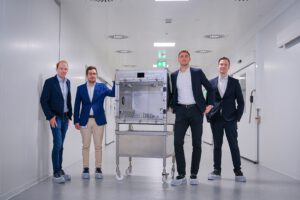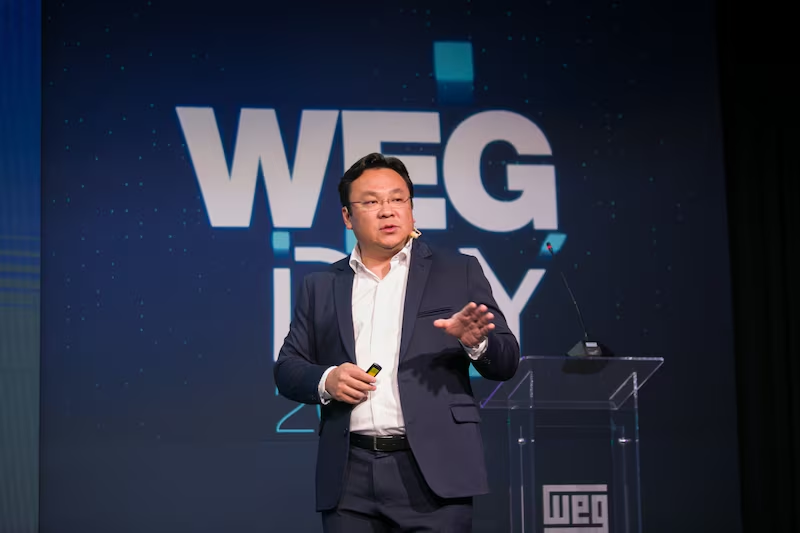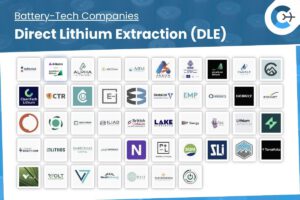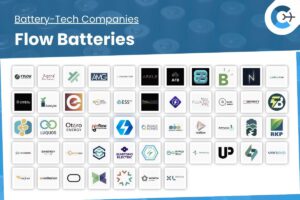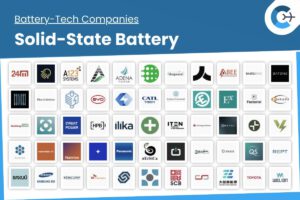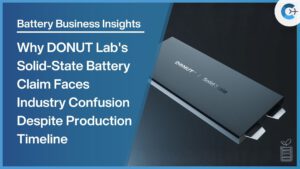Gelion plc announced a £460,000 grant award and the commissioning of a solid-state pouch cell prototyping line at the University of Nottingham. Through its UK subsidiary OXLiD Ltd, Gelion has partnered with the University under the EPSRC Prosperity Partnerships programme to refine its solid-state separator and sulfur-based cathode active material (CAM) technologies. The funding will also support the establishment of a prototype line for solid-state pouch cells, which is expected to be fully operational by September 2025.
The new prototyping facility in Nottingham will house the equipment necessary to optimize Gelion’s solid-state separator and manufacture complete pouch cells. It will serve as a platform for rapid battery development, custom formulation trials, and iterative testing. An integrated cell testing centre will allow potential offtake partners to evaluate and validate Gelion’s solid-state technologies.
Professor Darren Walsh of the University of Nottingham emphasized “The University of Nottingham has partnered with Gelion plc on an EPSRC-supported Prosperity Partnership that will accelerate the development of solid-state batteries, a promising next-generation technology that could transform electric transportation in cars, aircraft and ships. Gelion’s aim is to is to build a solid-state sulfur battery that can tolerate hundreds/thousands of charge/discharge cycles, while retaining its high energy-storage capacity, a critical step in the move towards widespread electrification of transportation.”
UK Science Minister Lord Patrick J. Vallance highlighted the value of industry–research partnerships in addressing real-world challenges such as decarbonizing heavy transport and improving life-saving technologies.
John Wood, Gelion’s CEO, noted “This tight collaboration across our OXLiD team and the University of Nottingham and the commissioning of the solid-state prototyping line is enabling Gelion to support our exceptional scientists to develop expertise and IP at the very front edge of high-performance battery chemistry by combining our leadership in sulfur cathode technologies with the new capabilities opened by solid-state cell technology. Through its acquisitions, research and collaborations, Gelion is developing a formidable stance in sulfur battery chemistry just as it is emerging commercially.”
Recent milestones in Gelion’s solid-state programme include the validation of a novel solid-state separator in November 2024 and successful pairing of a sulfur-based cathode with a solid-state electrolyte in February 2025. At scale, sulfur-based CAMs are projected to represent less than 12% of the cost of nickel manganese cobalt oxide, the current industry standard, offering a pathway to lower-cost, commercially viable solid-state batteries.
Source: Gelion




